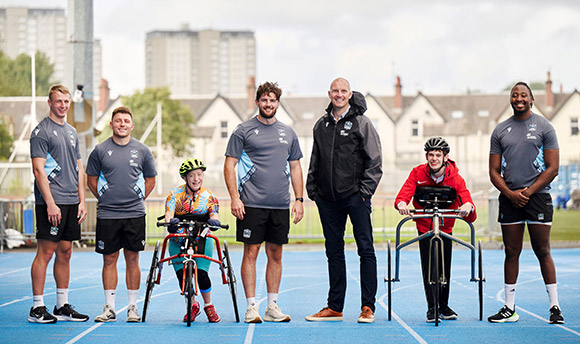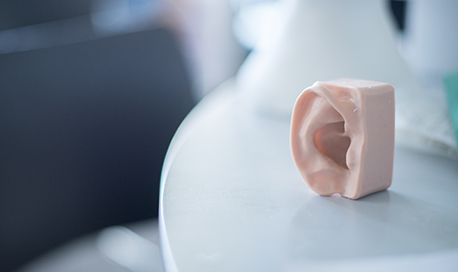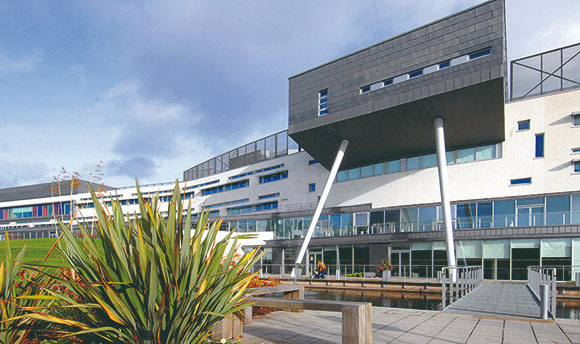Health experts from Queen Margaret University have used research to improve the lives of people with long term conditions such as cerebral palsy, stroke and Multiple Sclerosis (MS). The team of health sciences researchers has used a method of electrical stimulation to help improve the walking capabilities of people with ‘foot drop’. Foot drop is a common symptom of neurological impairments such as stroke, which can cause trips and falls and can result in fatigue. The researchers have run trials where Functional Electrical Stimulation (FES) was applied to the lower leg of people with drop foot. This electrical stimulation makes the muscles lift the foot and as such prevents the foot from dropping down.
The research projects at Queen Margaret University have provided valuable information about how the assistive technology – FES – can be used to help people who have walking difficulties such as foot drop.
The research has provided valuable evidence for current local NHS clinical treatment practice and for the re-design of NHS clinical service which supports the self-management care of people with cerebral palsy, stroke and MS.
Earlier work from the QMU researchers showed that FES was a practical treatment option for selected children with cerebral palsy, with parents reporting improvements in their children’s gait. The research team went on to develop a novel multi-disciplinary approach to using FES via an outpatient stroke service, with the result that patients felt that the FES clinic met their needs. Moreover, some of the evidence produced by this research team supported the continuation of this specialist FES service.
Further research was also carried out on a group with MS. Many people with MS also experience foot drop. This can result in abnormal gait which involves the individual having to put significant effort into walking which can result in fatigue. The research found that FES helped people with MS improve their ankle and knee movement, resulting in better foot clearance and therefore potentially decreasing the risk of trips and falls.
The original work with FES involving children with cerebral palsy has been identified as having an important influence in the clinical treatment of this group. Specialists (Physiotherapists at the Anderson gait lab at the SMART centre) at the Astley Ainslie Hospital in Edinburgh routinely consider FES as an alternative to an ankle foot orthosis, especially for older children with cerebral palsy.
As a result of the research project, local clinicians are now considering referring MS patients for clinical gait analysis to assess the need for FES. Consideration is also being given to the recording of the ankle kinematics during a prolonged walking assessment as part of a routine FES fitting or follow-up appointment.
This research project, which involves academics and clinical service providers, has raised awareness of the critical importance of equipment to allow people to achieve independent living. It is an excellent example of how QMU’s work in the area of health and rehabilitation is making a significant impact on health service delivery which ultimately improves people’s quality of life.







